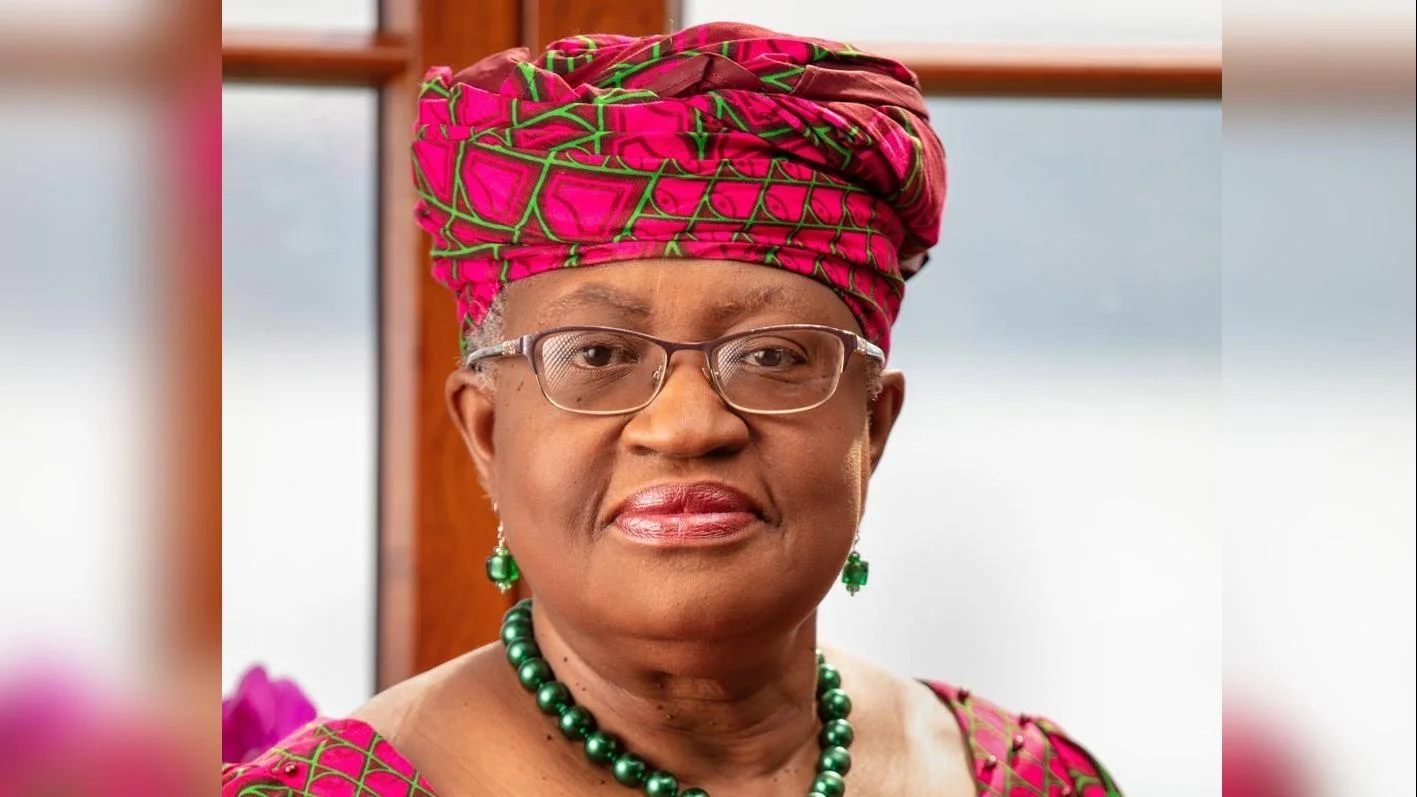Public procurement's role in addressing health issues was the focus of a recent webinar organized by the World Health Organization (WHO), the World Intellectual Property Organization (WIPO), and the World Trade Organization (WTO). The event also highlighted procurement as a means to foster innovation, technology transfer, and local manufacturing.
Clive Ondari from the WHO Secretariat emphasized that public procurement is essential for access to medical technologies in many countries. "Pharmaceuticals are often made available through public funding or subsidies," he noted. Efficient systems must ensure quality medical products are obtained timely, in required quantities, and at affordable prices.
Amy Dietterich from WIPO discussed collaboration and tailored strategies to make procurement an effective tool for innovation and access. She stressed understanding government laws and policies and integrating public health, intellectual property (IP), and trade views.
Roger Kampf from WTO spoke about the need for a cross-disciplinary approach involving IP, procurement, and competition frameworks to tackle global health challenges. "Sound procurement can foster technology transfer, boost local manufacturing capacities," he stated.
The webinar included presentations on health, IP, and trade dimensions of public procurement with case studies from experts highlighting regional approaches.
Lisa Hedman from WHO highlighted procurement's role in improving affordability and availability under the WHO Roadmap on Access to Medicines 2025-2030.
Giovanni Napolitano from WIPO explained how public procurement drives healthcare innovation. He emphasized IP due diligence early in processes and building capacity for IP management within agencies.
Astghik Solomonyan from WTO addressed pooled public procurement benefits combined with international trade. Pooled procurement can attract international suppliers offering competitive prices or superior quality due to larger orders implied by trade agreements like the WTO Agreement on Government Procurement 2012.
Lucia Rizka Andalucia shared Indonesia's strategy using public procurement to drive national innovation by boosting local production and market access for domestic products.
Santiago Cornejo from PAHO described the Revolving Fund mechanism enabling Americas' countries to access quality vaccines through pooled procurement. The Fund has been reoriented towards supporting innovation post-COVID-19.
Katarzyna Motyka presented HERA's EU joint procurement mechanism based on COVID-19 lessons ensuring equitable access among member states while strengthening European systems voluntarily.
Fathi Alkathiry explained Gulf Health Council's efficient decision-making processes developed over years for multi-country pooled tenders facilitating medicine procurements. Regional growth was supported by promoting local manufacturing via this program.
Wesley Ronoh shared Africa’s experience with public procurement highlighting East African Community's role alongside others fostering collaboration as part of national health strategies where significant spending occurs through it. The African Pooled Procurement Mechanism established in 2024 was presented too.
The webinar recording is available online for further viewing.
Trilateral collaboration between WHO, WIPO, WTO aims at enhancing updated technical information flow related to health technologies via workshops/webinars strengthening policymakers' capacity globally regarding intersecting issues concerning public health-IP-trade domains.

